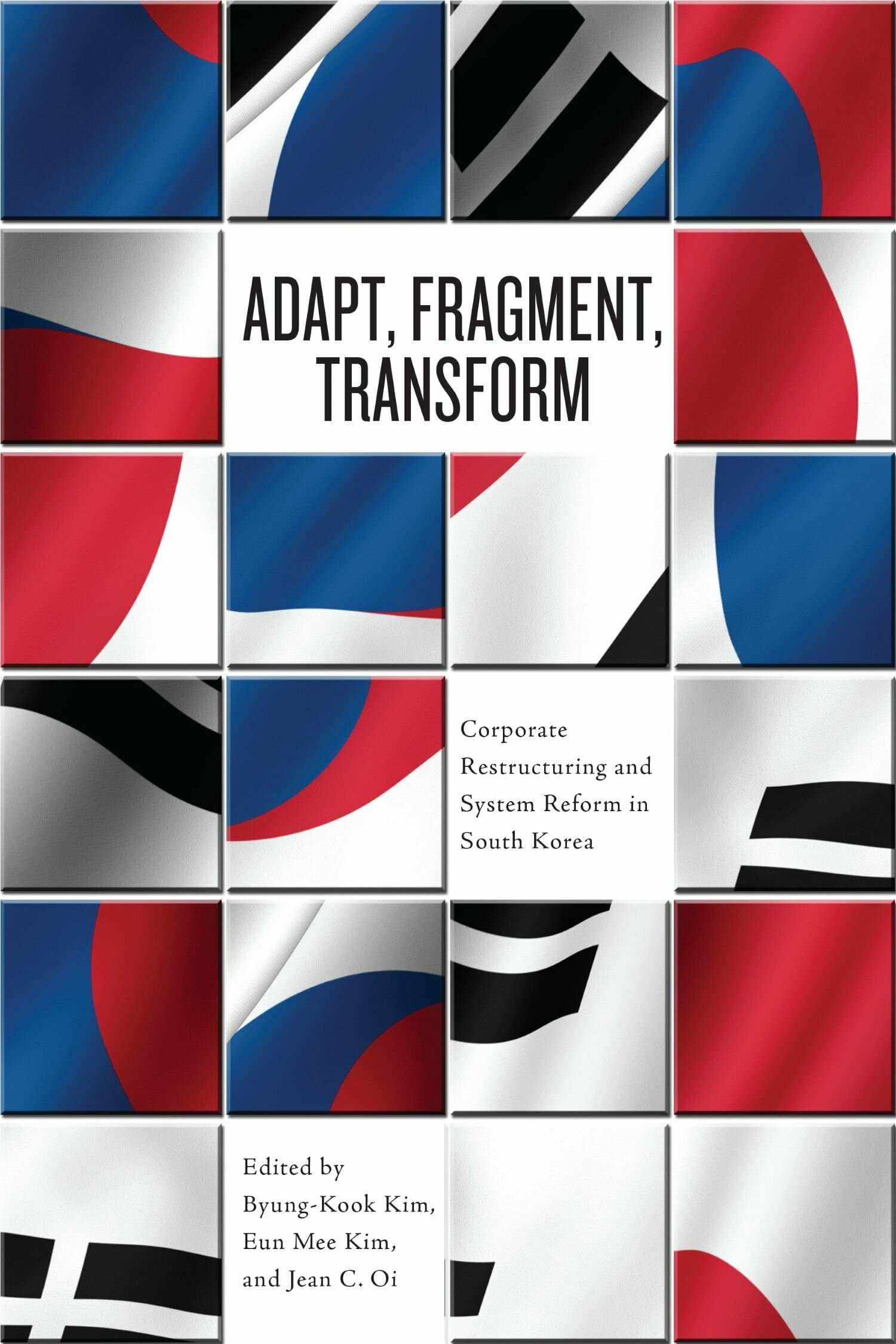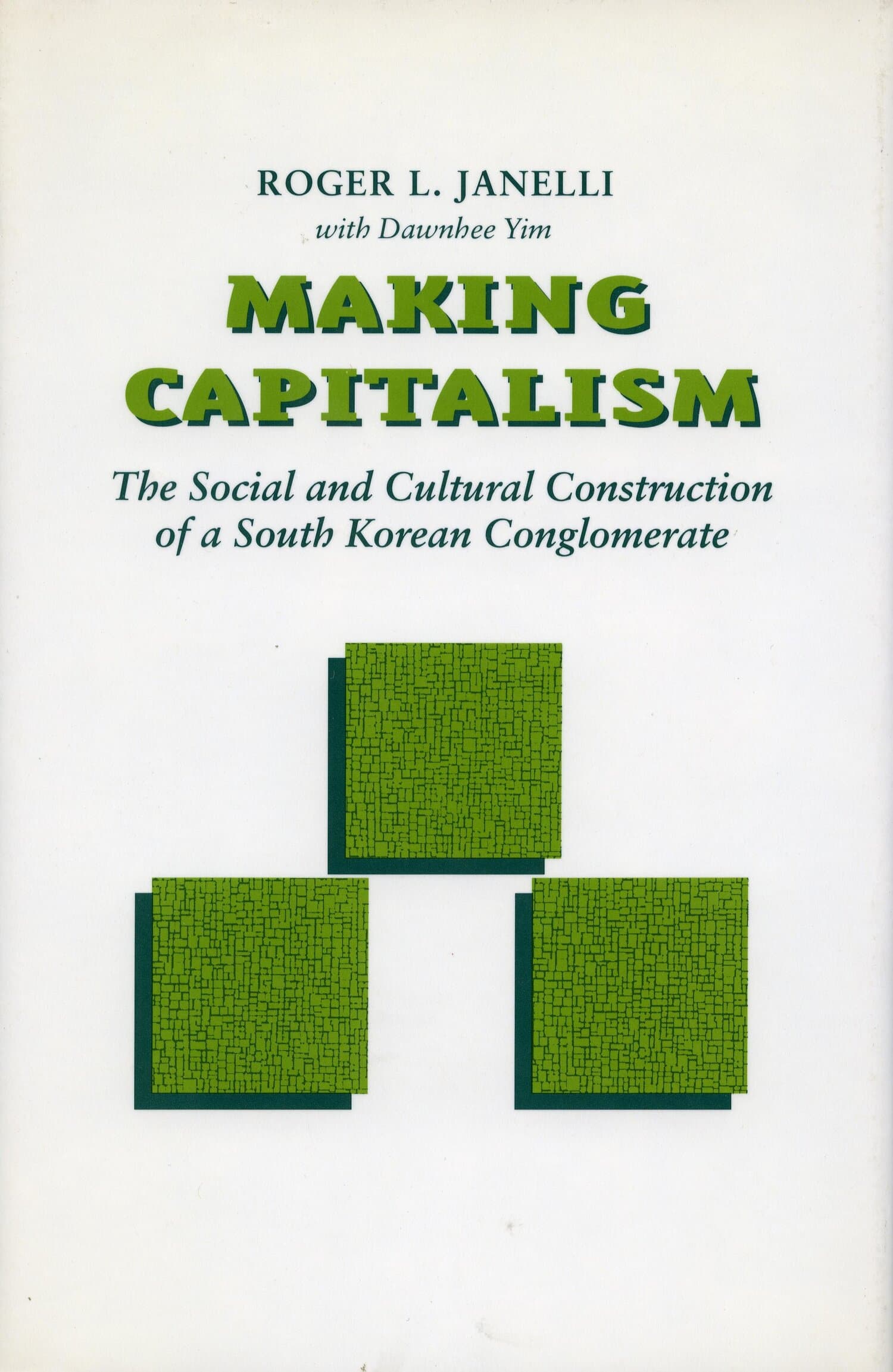Adapt, Fragment, Transform

South Korea remains a puzzle for political economists. The country has experienced phenomenal economic growth since the 1960s, but its upward trajectory has been repeatedly diverted by serious systemic crises, followed by spectacular recoveries. The recoveries are often the result of vigorous structural reforms that nonetheless retain many of South Korea's traditional economic institutions. How, then, can South Korea suffer from persistent systemic instability and yet prove so resilient? What remains the same and what changes?
The contributors to this volume consider the South Korean economy in its larger political context. Moving beyond the easy dichotomies—equilibrium vs. disequilibrium and stability vs. instability—they describe a complex and surprisingly robust economic and political system. Further, they argue that neither systemic challenges nor political pressures alone determine South Korea's stability and capacity for change. Instead, it is distinct patterns of interaction that shape this system's characteristics, development, and evolution.




